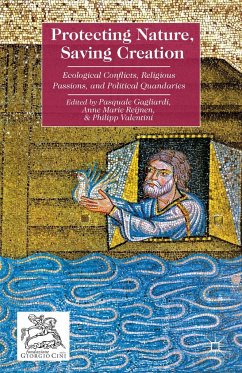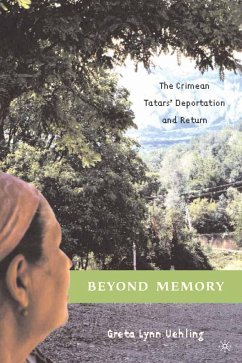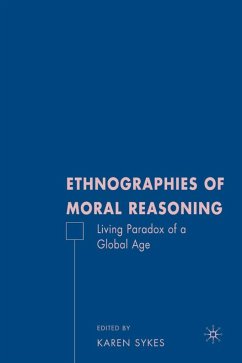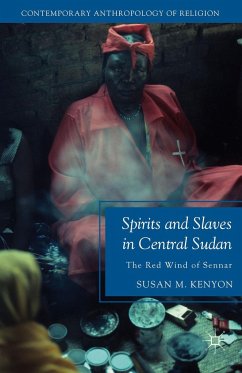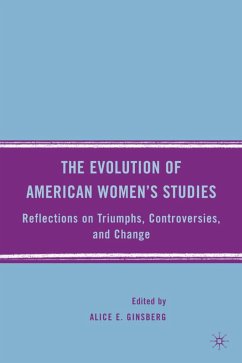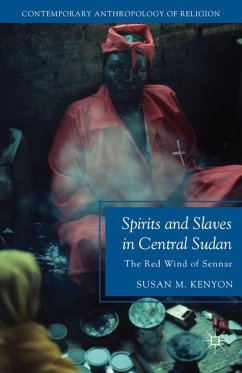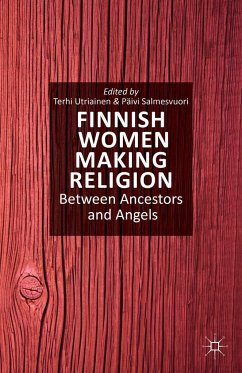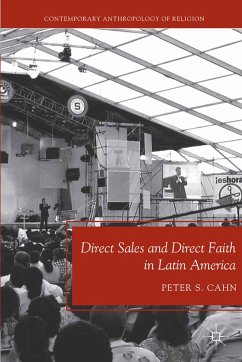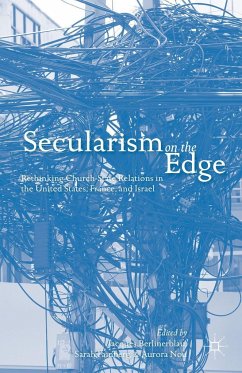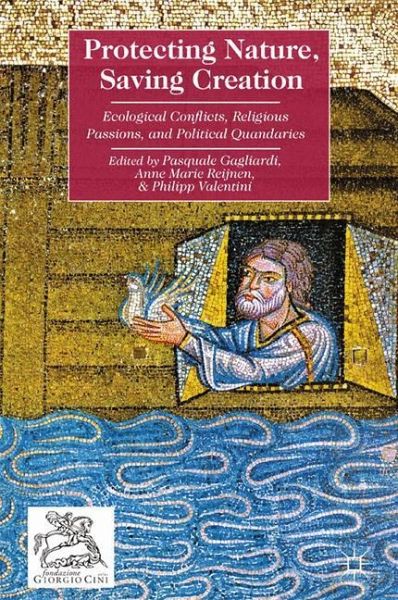
Protecting Nature, Saving Creation
Ecological Conflicts, Religious Passions, and Political Quandaries
Herausgegeben: Gagliardi, Pasquale; Reijnen, Anne Marie; Valentini, Philipp
Versandkostenfrei!
Versandfertig in 6-10 Tagen
Weitere Ausgaben:

PAYBACK Punkte
19 °P sammeln!





Can religions help us tackle the ecological crisis we are now facing? Can we redefine our relationship with the Earth, giving spiritual depth to ecological issues? This book attempts to answer these questions by exploring the relationship between ecology and theology.
Angelo Scola, Patriarch of Venice, Roman Catholic Church, Italy Izabela Jurasz, Institut Catholique de Paris, France Simon Schaffer, University of Cambridge, UK Bruno Latour, Sciences Po, France Elizabeth Theokritoff, University of Cambridge, UK Andrea Vicini, Boston College, USA Eric Geoffroy, University of Strasbourg, France Matthew Engelke, London School of Economics, UK Eduardo Viveiros de Castro, Federal University of Rio de Janeiro, Brazil Ignazio Musu, University Ca 'Foscari University of Venice, Italy Ted Nordhaus, Breakthrough Institute, USA Michael Schellenberger, Breakthrough Institute, USA George Theokritoff, University of Cambridge, UK
Produktdetails
- Verlag: Palgrave Macmillan / Palgrave Macmillan US / Springer Palgrave Macmillan
- Artikelnr. des Verlages: 978-1-349-47240-6
- 1st ed. 2013
- Seitenzahl: 316
- Erscheinungstermin: 5. Dezember 2013
- Englisch
- Abmessung: 229mm x 152mm x 18mm
- Gewicht: 459g
- ISBN-13: 9781349472406
- ISBN-10: 1349472409
- Artikelnr.: 45078782
Herstellerkennzeichnung
Palgrave Macmillan
Tiergartenstr. 17
69121 Heidelberg
ProductSafety@springernature.com
"Why is it proving so frustratingly difficult to determine and implement the measures necessary to protect our planet from the ravages of exploitation? Can the god of technology save us from the destruction we ourselves unleash, or must we turn to traditional religions for the passion to energize and mobilize constructive ecological policies? These urgent questions were recently examined by leading academics at a multi-disciplinary conference held in Venice, their deliberations faithfully recorded in this unusual and illuminating book. Privileged to eavesdrop on their conversations, we see more clearly than before why the achievement of consensus in political ecology is so very elusive." - John Hedley Brooke, Emeritus Professor of Science &
Mehr anzeigen
Religion, University of Oxford, UK
"For what shall it profit a man if he shall gain the whole world and lose his own soul?" The Gospel of Mark's reflection provides the inspiration for this remarkable collection of essays and dialogues that tackles nothing less than the future of our planet. Gathering together an internationally renowned collection of philosophers, sociologists and theologians, Protecting Nature, Saving Creation is a passionate, sometimes conflicted, yet always urgent, and absolutely essential account of the vital questions facing the relations between religion, nature, ecology and theology for our century. Celebrating the best scholarly traditions of the dialogue between art and science, religious and secularlife, this collection provides compelling new directions for the humanities and social sciences'." - Jerry Brotton, author of A History of the World in Twelve Maps Professor of Renaissance Studies, Queen Mary University of London, UK
"For what shall it profit a man if he shall gain the whole world and lose his own soul?" The Gospel of Mark's reflection provides the inspiration for this remarkable collection of essays and dialogues that tackles nothing less than the future of our planet. Gathering together an internationally renowned collection of philosophers, sociologists and theologians, Protecting Nature, Saving Creation is a passionate, sometimes conflicted, yet always urgent, and absolutely essential account of the vital questions facing the relations between religion, nature, ecology and theology for our century. Celebrating the best scholarly traditions of the dialogue between art and science, religious and secularlife, this collection provides compelling new directions for the humanities and social sciences'." - Jerry Brotton, author of A History of the World in Twelve Maps Professor of Renaissance Studies, Queen Mary University of London, UK
Schließen
Für dieses Produkt wurde noch keine Bewertung abgegeben. Wir würden uns sehr freuen, wenn du die erste Bewertung schreibst!
Eine Bewertung schreiben
Eine Bewertung schreiben
Andere Kunden interessierten sich für


